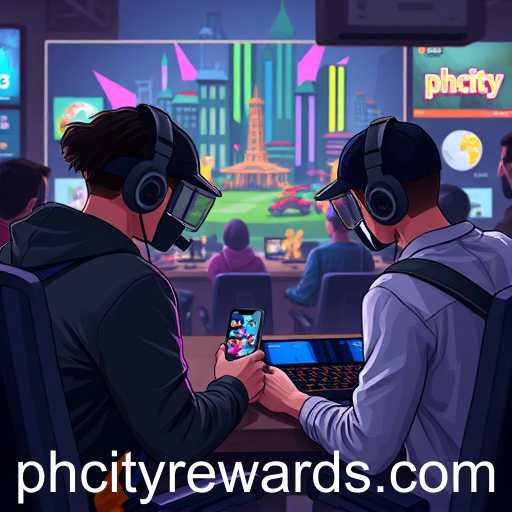Exploring the evolving landscape of online gaming communities and their cultural impact in 2025.
In 2025, the world of online gaming is more vibrant and dynamic than ever before. With advancements in technology, gaming platforms are exponentially transforming from mere entertainment hubs to pivotal cultural intersections. One such standout example is 'phcity,' a burgeoning English game website that has become a central node for gamers around the globe.
As digital connectivity improves, 'phcity' is not just a website but a thriving community platform where gamers can connect, compete, and share experiences. The site hosts a myriad range of games that cater to diverse interests and preferences, thereby fostering an inclusive environment. This inclusivity has been a driving force in expanding its user base and cultivating a rich tapestry of shared stories and camaraderie.
Recent reports have shown a significant uptick in the number of active users on sites like 'phcity.' Analysts attribute this to the seamless integration of virtual reality (VR) and augmented reality (AR) technologies, which have significantly enhanced user experience, making games more immersive and interactive. These technological advancements are pivotal in keeping communities engaged, allowing for synchronized multiplayer experiences that transcend geographical boundaries.
The rise of online gaming platforms like 'phcity' is also reflective of broader social dynamics. Gaming communities often mirror society, reflecting cultural trends and even influencing them. Gaming today goes beyond leisurely play; it acts as a social network where real-world issues are discussed, friendships are forged, and personal narratives are shared. The cultural significance of these interactions cannot be understated, as they contribute to a global dialogue on cooperation, competition, and creativity.
Interestingly, the success of 'phcity' and similar platforms comes amidst ongoing debates about the impact of gaming on mental health and social behavior. While some critics argue that excessive gaming can lead to negative outcomes, proponents highlight the potential benefits, such as improved hand-eye coordination, strategic thinking, and the positive effects of community and collaboration.
In conclusion, as we navigate through 2025, the trajectory of online gaming sites like 'phcity' underscores the evolving interplay between technology and culture. These platforms are not just about the games people play but the connections they make and the communities they build. The coming years will undoubtedly see further innovation, making these online spaces ever more central to our digital lives.




